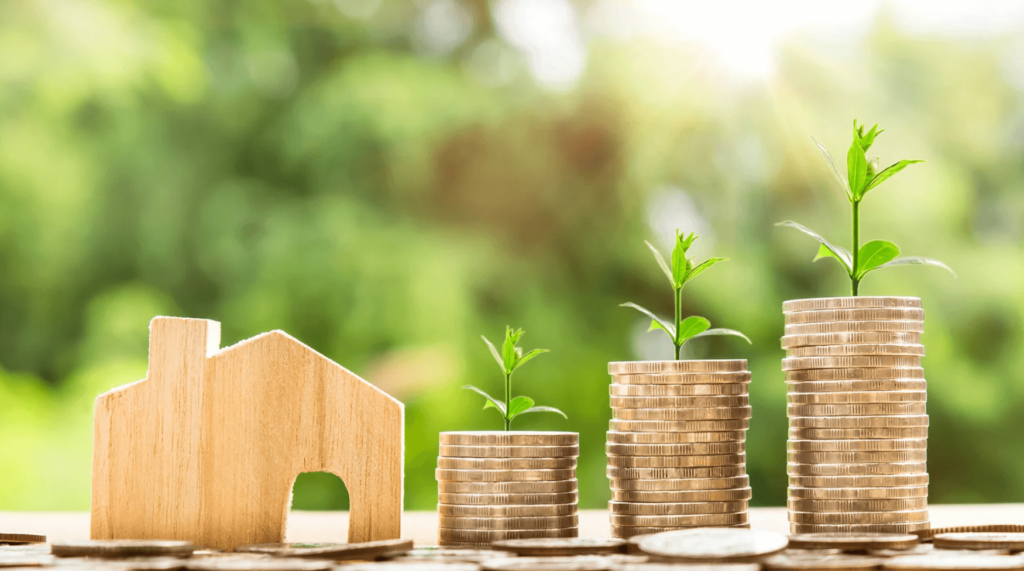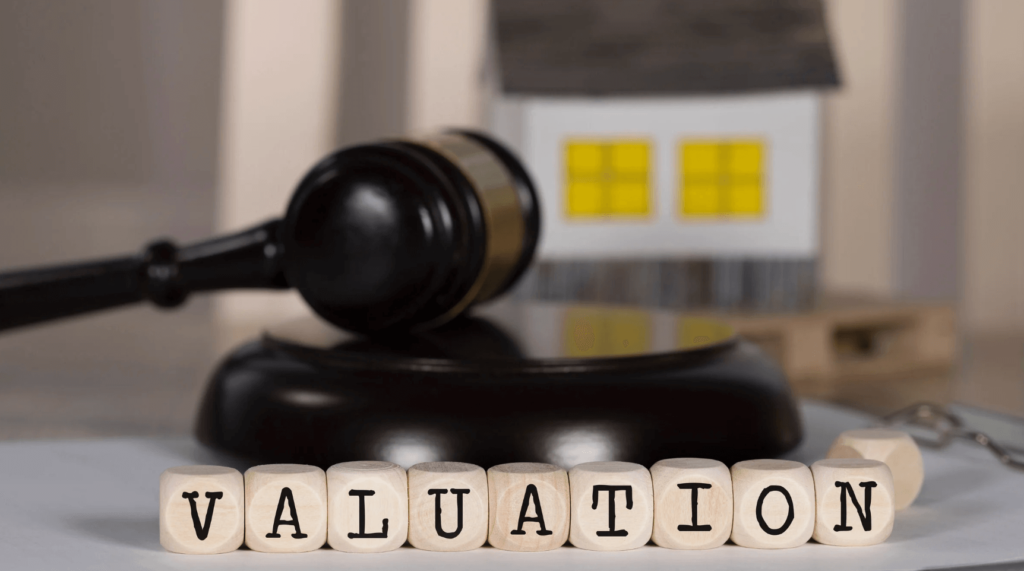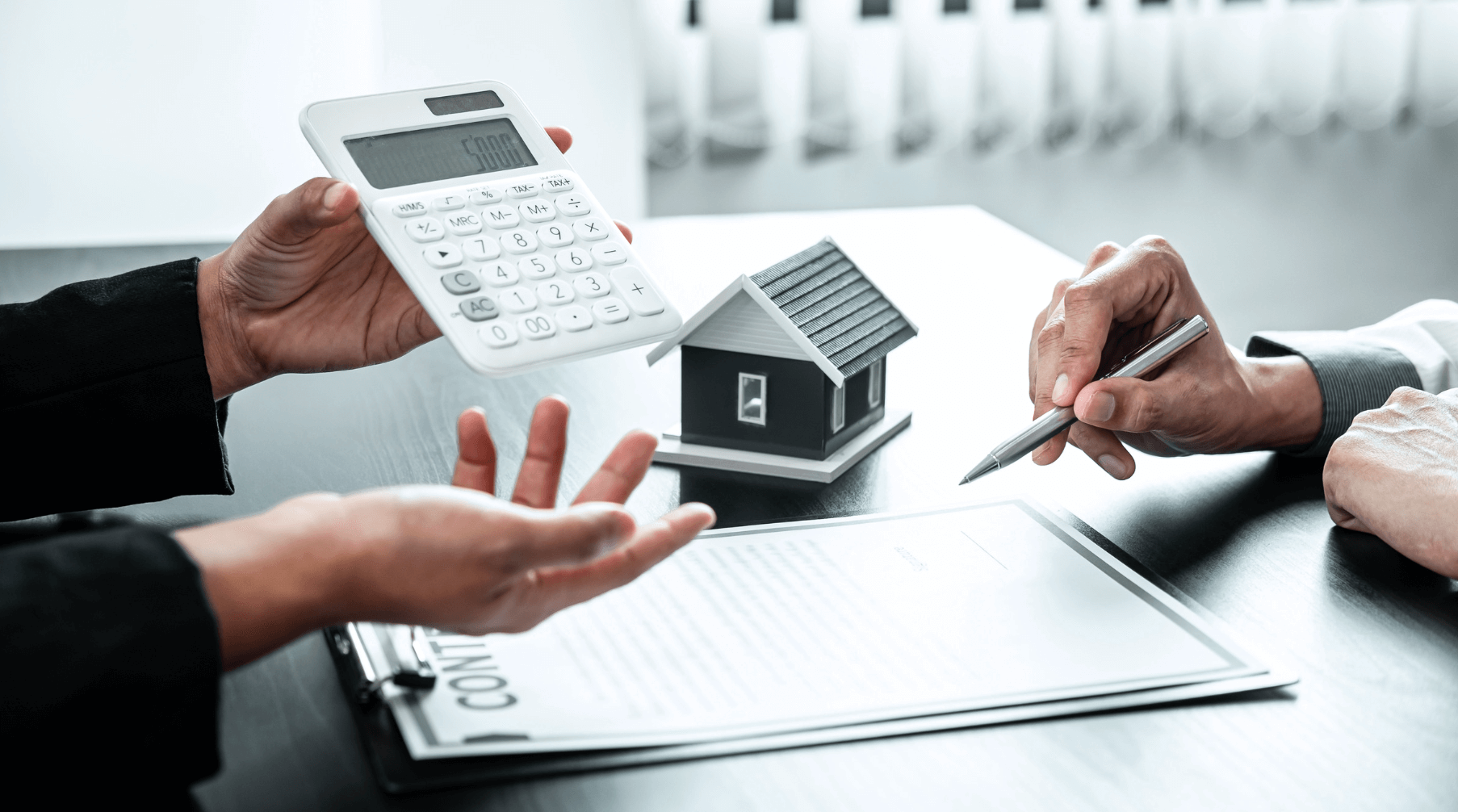How to Estimate Your Property’s Current Value

Whether you’re looking to sell, rent, or simply curious about how your investment is doing, understanding your property’s current value is key. But let’s face it—property valuation can seem like a daunting task.
With so many factors to consider, it’s easy to feel overwhelmed. Don’t worry! This guide is here to walk you through the process, step by step, helping you get a solid estimate of your property’s worth.
What Exactly Is Property Valuation?
Let’s start with the basics. Property valuation is all about figuring out how much your property is worth in today’s market. Whether you’re eyeing a new home, thinking about selling or want to keep tabs on your investment, knowing this number is crucial.
When it comes to selling, understanding factors like location, size, and condition—alongside what similar properties in your area have recently sold for—gives you a clear, unbiased picture of your property’s value.
Why Does Property Valuation Matter?
Property valuation isn’t just a box to tick; it’s the foundation for making informed decisions. Whether you’re a homeowner, buyer, seller, investor, or lender, knowing the current value of a property can guide you in the right direction. Here’s why:
Maximising Your Return on Investment (ROI)
Imagine buying a property without knowing its true value. It’s like walking into a store and paying whatever the cashier asks—nobody wants that! For investors, accurate property valuation is the secret sauce for making profitable decisions. Knowing the current value ensures you’re not leaving money on the table.
Setting the Right Price
Here’s the thing: If you set the price of your property too high, potential buyers might not even give it a second glance. Conversely, if you underestimate its worth, you’re short-changing yourself. A proper valuation helps you strike the perfect balance—setting a price that attracts serious buyers while ensuring you get what your property is genuinely worth.
Keeping Up with Market Trends
The property market is like the weather—it’s constantly changing. Regular valuations allow you to keep your finger on the pulse, helping you make strategic decisions. Whether it’s time to sell, buy, or invest in a few upgrades, staying informed means you’re never caught off guard.
What Factors Influence Property Valuation?
So, what exactly determines your property’s value? A mix of factors comes into play, each contributing to the overall picture. Let’s break it down:
Location, Location, Location
You’ve probably heard this a million times, but it’s true—location is everything in real estate. A home in a well-regarded neighbourhood with top-notch schools, parks, and a low crime rate is going to be worth more than a similar property in a less desirable area. Tools such as realestate.com.au‘s realEstimate can help give you an idea of what properties in your area are valued at.
Size and Condition Matter
Bigger properties tend to come with bigger price tags, but that’s not the whole story. The condition of your property is equally important. Have you updated the kitchen or bathroom recently? Those improvements can really boost your property’s value.
Market Conditions
The local real estate market has a big say in how much your property is worth. Depending on whether it’s a buyer’s or seller’s market, valuations can fluctuate. Even the time of year can make a difference!
Curb Appeal and Aesthetics
First impressions count. A well-maintained garden, a fresh coat of paint, and stylish interiors can all add significant value. Buyers want a home they can picture themselves living in, and a property with strong curb appeal ticks that box.

How Is Property Valuation Done?
Now that we’ve covered the factors, let’s explore the methods used to value a property. There’s more than one way to do it; sometimes, combining these methods gives the best results.
Sales Comparison Approach
This is the go-to method for residential properties. It’s like comparing apples to apples. Your property is compared to similar ones in your recently sold area. The appraiser will look at differences in things like square footage, condition, and amenities to create value.
For instance, if homes like yours are selling for $800,000, $820,000, and $840,000, you might expect your property to be valued around the median price of $820,000.
Income Comparison Approach
This method is a better fit if your property is a rental or commercial space. It estimates the value based on the income your property generates. The appraiser will look at the annual rental income, subtract operating expenses, and divide what’s left—known as the Net Operating Income (NOI)—by a capitalisation rate to determine the value.
This approach is necessary for anyone who owns rental properties or is considering investing in one.
Cost Approach
The cost approach is often used for newer properties or those with few comparable sales. It estimates value by adding up the cost to replace or reproduce the property minus depreciation plus the land’s value.
For example, if rebuilding your home would cost $800,000 and the land is valued at $50,000, your property’s estimated value would be $850,000.

The Steps to Estimating Your Property’s Value
Estimating your property’s current value isn’t just about crunching numbers; it’s about taking a holistic look at all the factors involved. Here’s how to go about it:
Research the Local Market
Start by getting a feel for what’s happening in your local real estate market. Check out recent sales of similar properties in size, age, condition, and features. Real estate websites are gold mines for this kind of data.
Consider Home Improvements
Have you made any recent upgrades? Maybe you’ve added a new roof, modernised the kitchen, or created a beautiful outdoor space. These improvements can significantly bump up your property’s value. But remember, not all renovations offer the same return on investment. Focus on changes that appeal to the majority of buyers in your area.
Hire a Professional Appraiser
Let’s be honest—estimating your property’s value can be tricky without professional help. A licensed appraiser brings expertise and an objective viewpoint. They’ll assess your property based on its size, condition, location, and comparable sales in your area.
Consult a Real Estate Agent
A local real estate agent is like your property’s personal GPS. They know the ins and outs of the market and can provide a comparative market analysis. This includes a detailed comparison of your property with similar homes that have recently sold. Plus, agents have insights into what local buyers are looking for, which can be invaluable.
Evaluate the Neighbourhood
Don’t underestimate the power of a good neighbourhood. Factors like local schools, nearby parks, shopping centres, and overall safety greatly affect your property’s value. Homes in high-demand areas generally have higher valuations and attract more buyers.
Assess Your Property’s Condition and Features
Take a close look at your property’s condition and features. Is it well-maintained? Does it have modern amenities? Properties that are move-in ready or have been recently updated often command higher prices than those needing a bit of TLC.
Keep Your Estimate Up to Date
The real estate market and your property valuation don’t stand still. Regularly updating your estimate helps you stay on top of your investment and make timely decisions about potential improvements or when to sell.
The Challenges of Property Valuation
Let’s not sugarcoat it—property valuation isn’t always straightforward. There are several challenges you might face:
Market Volatility
Real estate markets can be unpredictable. Property values might fluctuate due to changes in economic or local market conditions. It’s all part of the game.
Lack of Comparable Sales
Finding comparable sales can be tough if you live in a unique area or your property has distinctive features. This makes the sales comparison approach a bit trickier.
Economic and Environmental Changes
Factors like economic downturns, natural disasters, or shifts in environmental regulations can impact property values. These are not things you can control, but they are worth considering.
Non-Market Factors
Sometimes, it’s not all about the numbers. Personal sentiment, historical significance, or community influence can affect property valuation. These factors might cause prices to be higher or lower than similar properties.
Difficulty in Forecasting Future Trends
Predicting the future is always a challenge, especially in real estate. Economic cycles, demographic shifts, and technological advancements all shape the market.
Estimating a property’s current value is essential for making informed decisions. Understanding the key factors that influence property value—like size, location, condition, and market trends—can give you a clear picture of your property’s worth.
Whether selling, buying, or simply evaluating your options, Rateseeker can provide you with tailored home loans and interest rates that perfectly align with your unique needs, helping you maximise your investment.
Ready to get started? Whether you’re thinking about selling or just curious about how much your home is worth, estimating your property’s value is always a smart move.
** General Advice Warning
The information provided on this website is general in nature only and it does not take into account your personal needs or circumstances into consideration. Before acting on any advice, you should consider whether the information is appropriate to your needs and where appropriate, seek professional advice in relation to legal, financial, taxation, mortgage or other advice.




